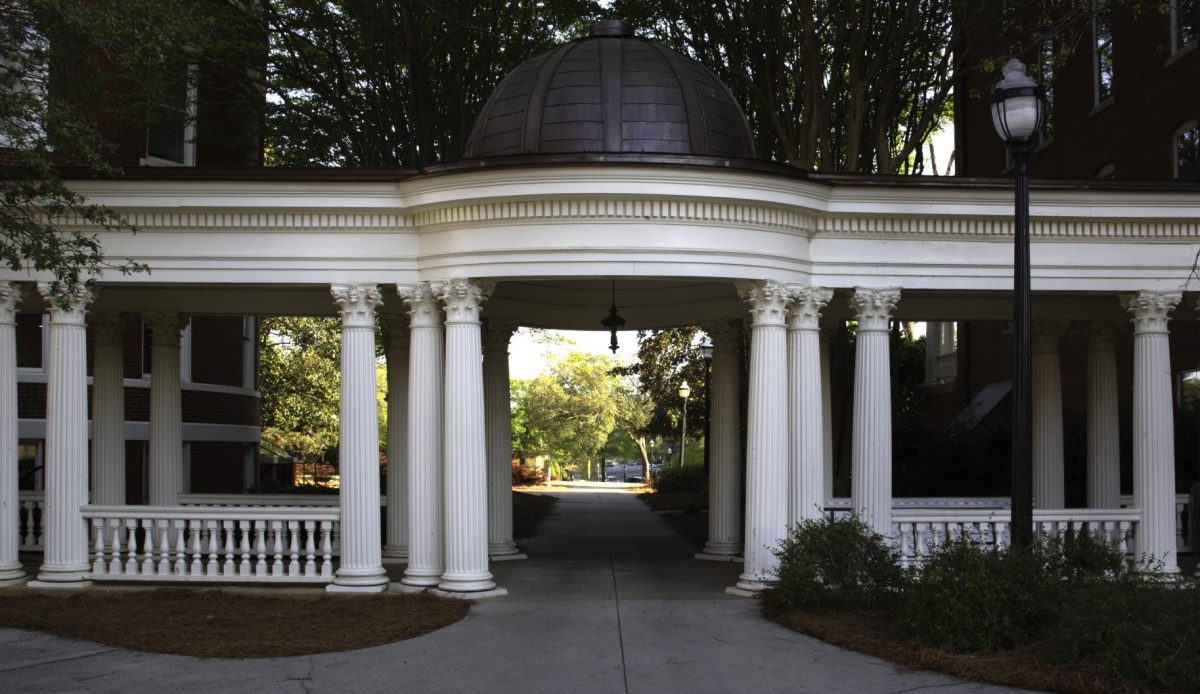GCSU canceled classes for two days due to Hurricane Helene. There are a lot of factors that go into the decision to have classes canceled.
“It starts in the president’s office and through Cathy Cox’s cabinet,” said Amanda Respess, director of public affairs at GCSU.
GCSU President Cathy Cox has a team where they handle different parts of the school. The team will all come together to collaborate with each other on the information they know to then make their decision on whether closing the school is necessary or not.
The cabinet consists of Interim Provost and Vice President for Academic Affairs, Dr. Holly Roberts, Interim Vice President for Finance and Administration Susan Allen, Vice President for Student Life, Dan Nadler, Vice President for University Advancement, Seth Walker and Chief of Staff Monica Starley.
“There are multiple people who have to give input into the decision, two very important people are: Chief Harden, who is the chief of police and director of public safety and Jerry Nobles who is the emergency manager who works in public safety,” Respess said. “They get information from the National Weather Service and are included in those special briefings that the service does for emergency managers like stating the conditions at hand.”
There are levels that the decision goes through and the first level deals with the people who directly work with the National Weather Service.
The National Weather Service, or the NWS, is an agency of the United States Federal Government that provides warnings for bad weather to help keep the public informed and safe. When Hurricane Helene hit, the NWS reported that it was a category four and that it was in the Florida Big Ben area. Before that it provided information on the winds and how deadly they will be. Its report said that the winds will get up to 140 miles per hour.
“Academic affairs has to think about the impact of the conditions on the faculty and classes,” Respess said.
The next step deals with the actual school part to determine what will happen if the classes get canceled. Before canceling, the university must consider the following: Can the school afford to cancel classes with impending midterms? How many more hurricanes have the potential to hit GCSU before the end of the semester?
“Then it goes to our student affairs folks like residence life, VP of Finance which is like our dining and housing,” Respess said. “They will think of the forecast like Hurricane Helene and the main concern is the safety of our students, so when we cancel we think about if the students will be traveling home and build in time for traveling on the road.”
Heavy rains can make it hard for students to make it to class, slick roads can be dangerous for drivers and students who walk to class can have school supplies damaged during the walk to and from in the rain.
“I think it was necessary but my major being biology it set us back a chapter in class which makes our teacher rush through the lecture to get back on track so it’s hard to keep up,” said Izzy Caiazoo , a sophomore biology major.
There are many of factors for faculty to think about when canceling school and the safety of GCSUs students, faculty and staff are the top priority.


